Garbage Mountains – Dotting The Landscape Of Delhi
Ghazipur, Bhalswa and Okhla - the three dumpsites in Delhi have collectively caused nearly Rs. 450 crore in damage to the environment. Can the national capital get rid of dumpsites and manage its waste effectively?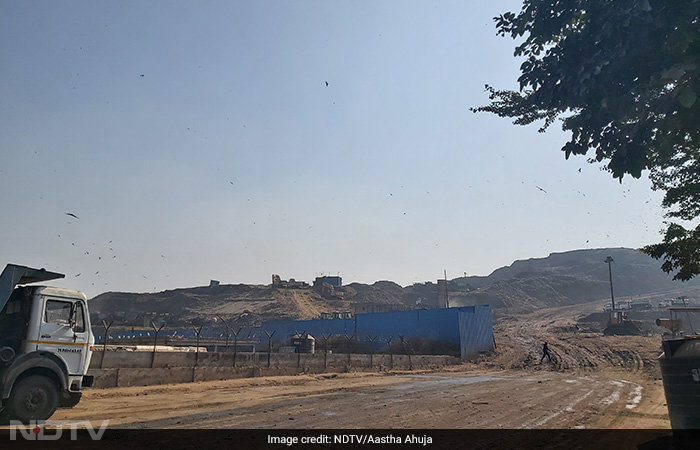
The National Capital Territory of Delhi is home to over 16 million people, as per the 2011 Census of India. A vast population comes with the challenges of a lack of infrastructure to cope with this surge and its fallout. One of the crises of this ever-growing nature of Delhi is the sheer volume of waste the city generates and its lack of proper disposal.
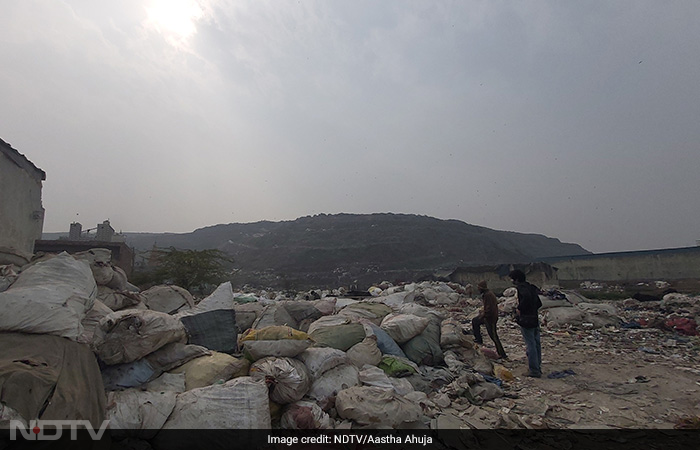
Delhi generates 11,332 tonnes of Municipal Solid Waste per day, as per the Municipal Corporation of Delhi. This includes 11,000 TPD (Tonnes Per Day) from the Municipal Corporation of Delhi (East, South and North Delhi Municipal Corporation), 260 TPD is generated by the New Delhi Municipal Council and 72 TPD comes from the Delhi Cantonment Board.
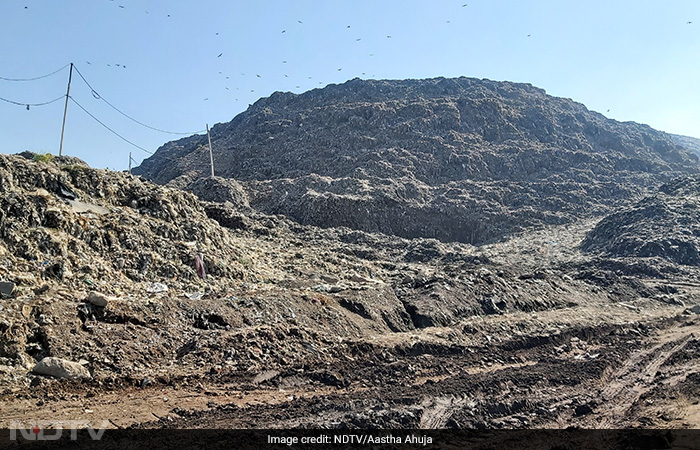
Following waste collection, it is treated using different techniques. Of the 11,332 TPD (Tonnes Per Day) of fresh waste, 53.64 percent or 6,078.5 TPD is processed at four waste-to-energy plants, 38.47 percent (4,360 TPD) is disposed of at the dumpsites, 5.49 percent (622.4 TPD) is processed at composters, biogas plants, organic waste convertors and compost pits, and the remaining 2.39 percent (271 TPD) is recycled through 170 Material Recovery Facilities (MRFs).
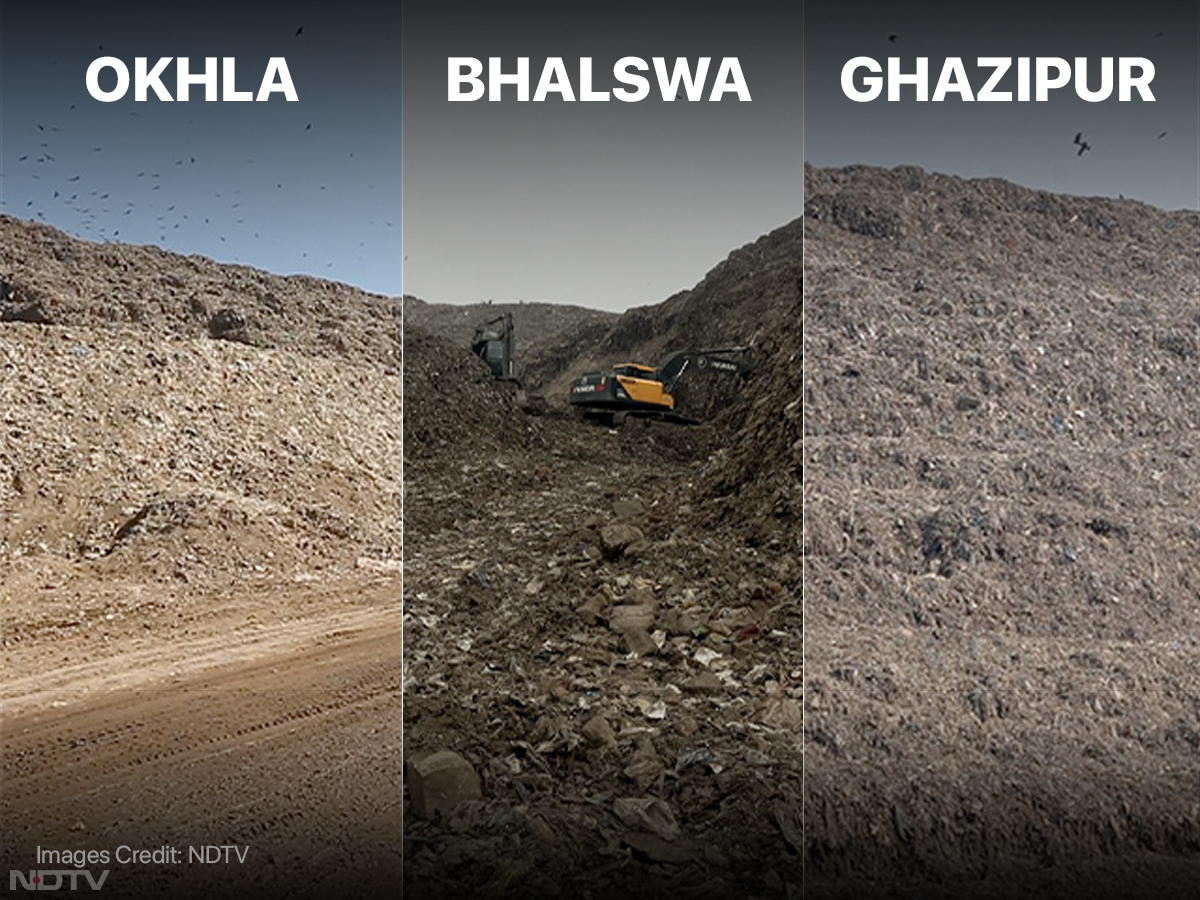
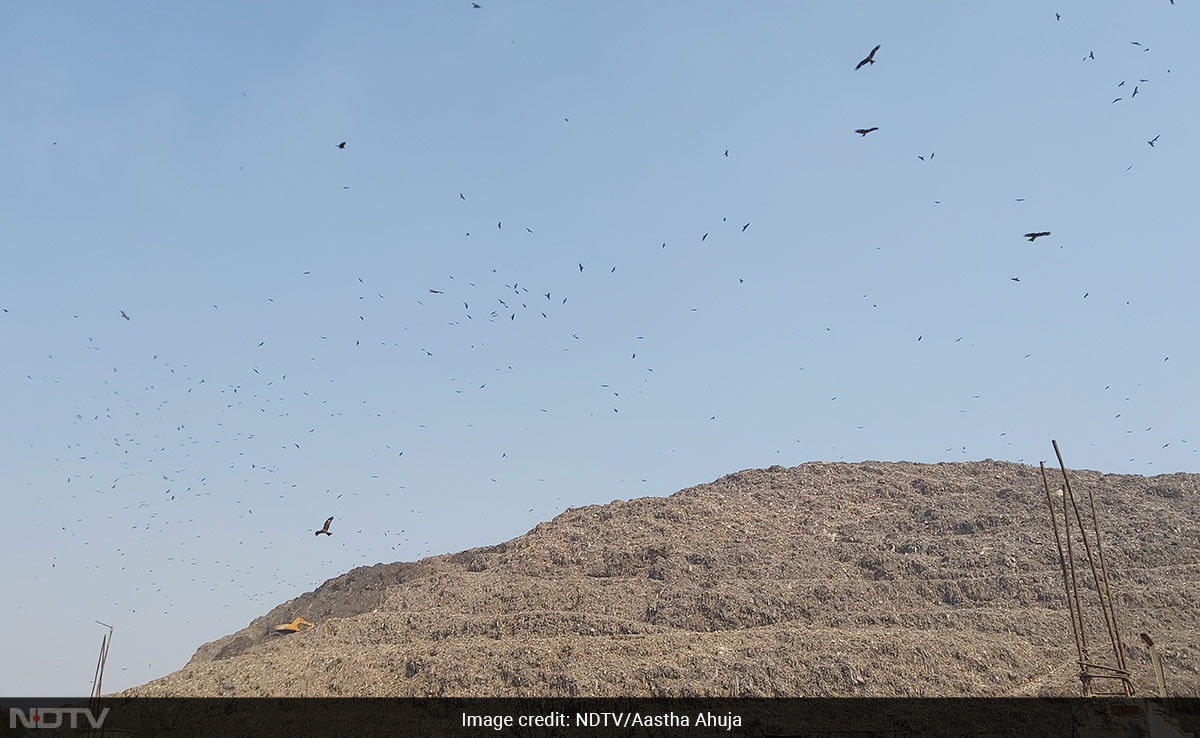
Ghazipur, the oldest dumpsite in Delhi, was commissioned in 1984 and crossed the permissible height of 20 meters in 2002. It has been overflowing since then and stands at around 40 meters, as per the MCD. Similarly, Bhalswa dumpsite, started in 1995, exceeded its capacity in 2006 and Okhla dumpsite commissioned in 1996 was declared exhausted in 2010. Ghazipur and Bhalswa continue to receive a fresh set of waste every day.
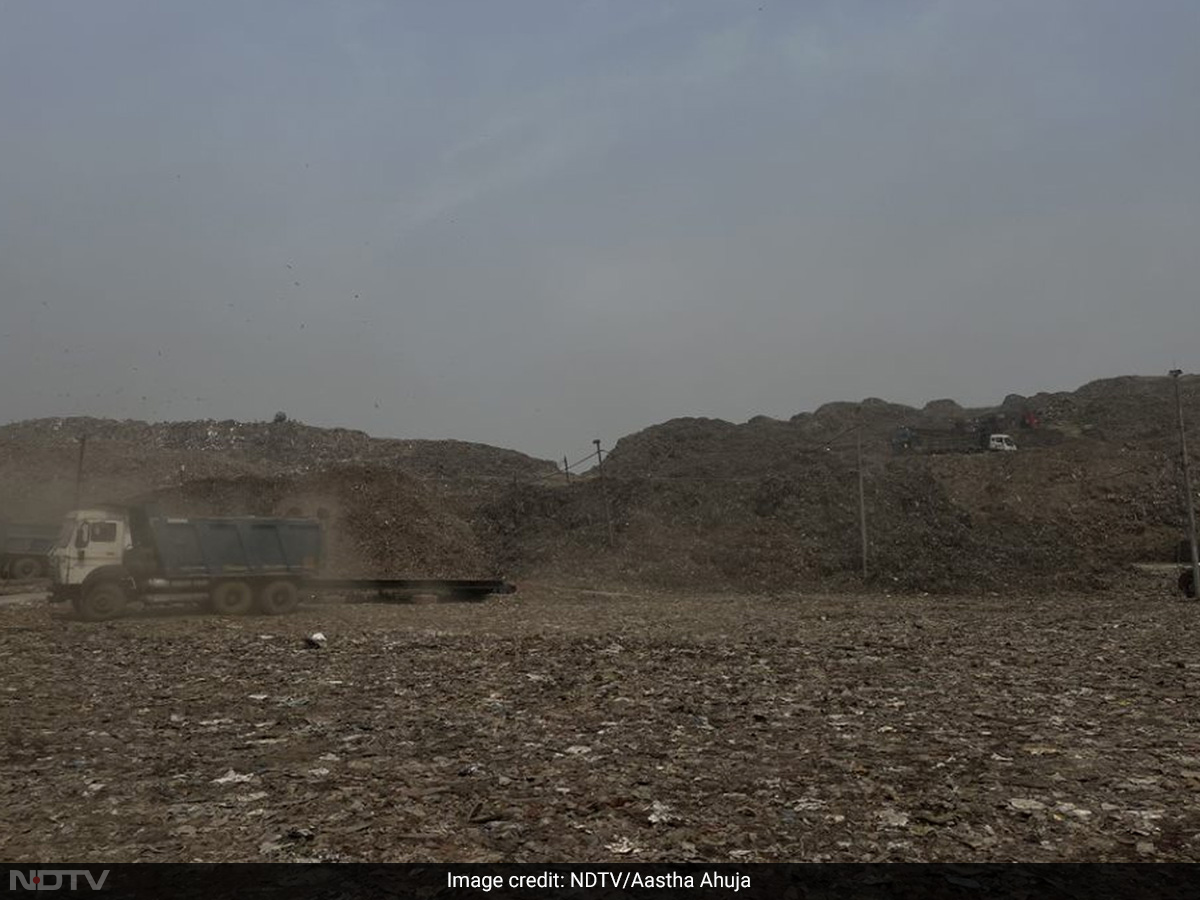
As per the report prepared by the joint committee comprising the Central Pollution Control Board (CPCB), National Environmental Engineering Research Institute, and IIT Delhi, the three dumpsites have collectively caused nearly Rs. 450 crore in damage to the environment. The study assessed the ecological damage due to Bhalswa dumpsite at Rs 155.9 crore, Okhla at Rs 151.1 crore and Ghazipur at Rs 142.5 crore.
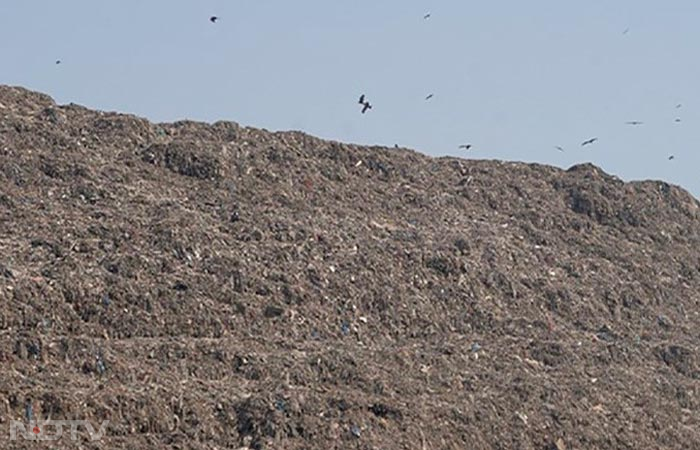

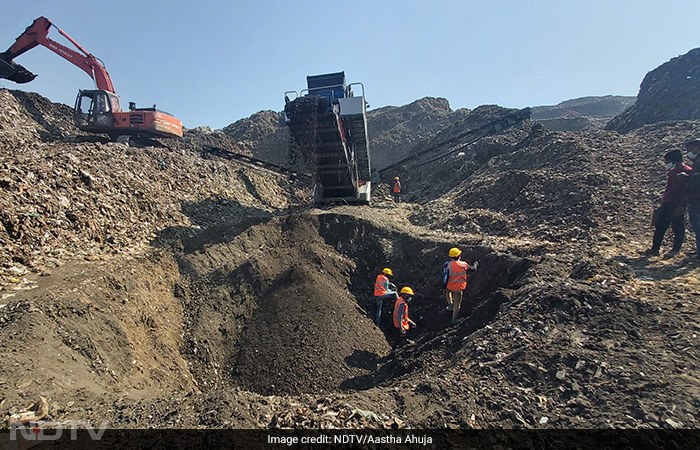
Since 2019, a total of 69.64 lakh tonnes of legacy waste has been bio-mined at three sites. This means 24.87 per cent of the 280 lakh tonnes of waste dumped has been removed as on January 31, 2023. If all three contractors achieve the target of removing 90 lakh tonnes collectively by May 2024 even then roughly half of the piled-up waste will remain on these sites and will need to be addressed.

The Delhi government is targeting to remove the three garbage mountains in two years and has allocated Rs. 850 crore for flattening the sites. During the Delhi Government's budget presentation on March 22, Finance Minister Kailash Gahlot announced the ambitious deadline for clearing all three dumpsites by the end of 2024. Mr Gahlot said, that the Okhla dumpsite will be removed by December 2023, Bhalswa by March 2024 and Ghazipur by December 2024.
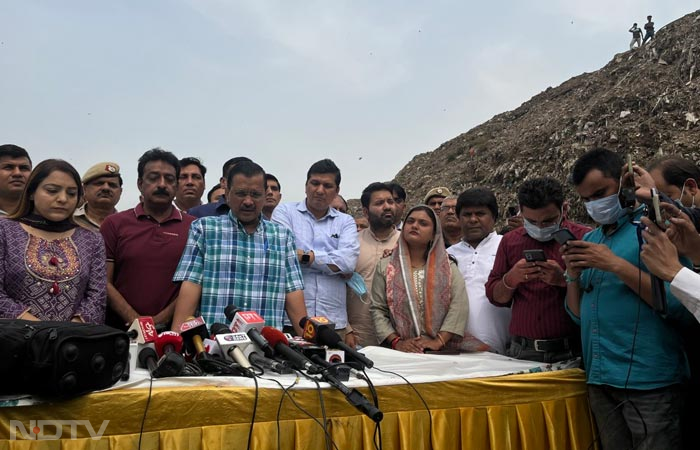
In March 2023, Chief Minister Arvind Kejriwal visited Okhla and Bhalswa dumpsites. He said that the government is aiming to clear the Okhla dumpsite by December 2023 against the target of May 2024 and clean up the Bhalswa site by March 2024. He said more Waste-to-Energy plants are being established to deal with future municipal solid waste. He said, "In most waste-to-energy plants, segregation of waste is not necessary anymore."















